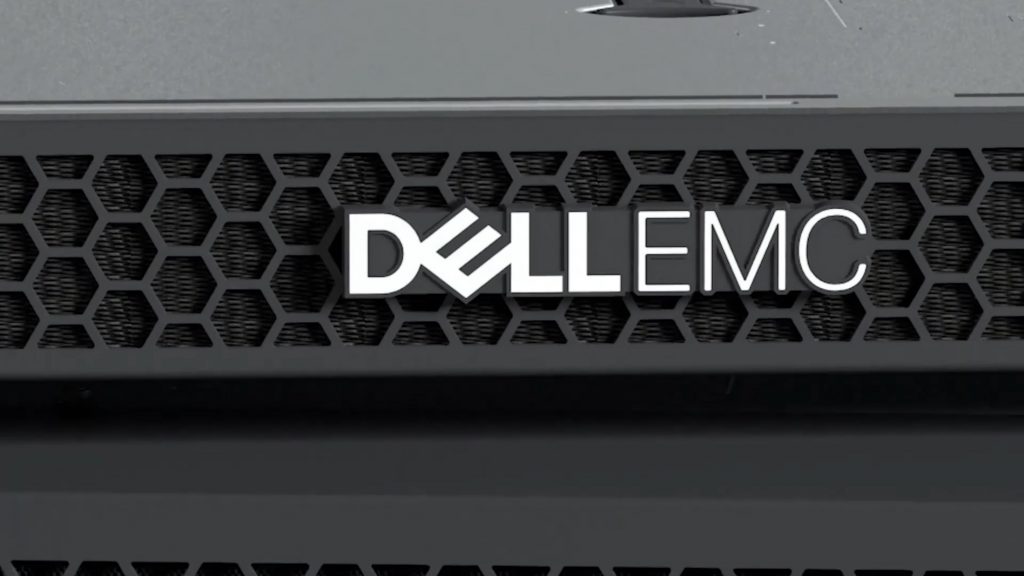Elevating Data Efficiency: The Rise of Ruggedized Edge Solutions for Unmatched Performance
Enterprise
The Need for Ruggedized Edge: Bringing Data Centre-Class Performance Closer to Your Data
Oil and gas facilities, automotive manufacturing plants, warehouses, and remote retail locations are environments that often pose challenges for traditional computing systems. Rather than settling for reduced performance, edge computing—similar to the early developments of the Internet of Things (IoT)—is finding a proper role in these tough settings.
These applications can resemble those of the Industrial Internet of Things (IIoT). Take underground mining, for example, which relies on remote operations and autonomous equipment while needing to gather insights for predictive maintenance and energy management. Computing systems in such environments must withstand vibrations, shocks, and high temperatures.
According to Gartner, it is anticipated that by 2025, 75% of data will be processed outside the cloud. Organizations are looking for servers that provide higher performance, reduced data latency, and remote manageability.
In addition to tolerating harsh conditions, ruggedized edge platforms need a selection of additional functionalities. They must deliver real-time processing through multiple performance accelerators, have ample storage capacity, and possess a variety of I/O ports that are compatible with both legacy and modern machines.
In partnership with Arrow, Dell has introduced the PowerEdge XR11 and XR12 servers, designed to deliver enterprise-level computational capabilities in the most demanding edge environments. Among these, the XR12 stands out as being particularly expandable, featuring third-generation Intel Xeon Scalable processors and GPU options. It supports up to two NVIDIA T4 cards or two from the A100, A10, or A40 series, while also offering flexible I/O alternatives. Both the XR11 and XR12 utilize Intel Optane Persistent Memory 200 series for storage, maintaining a compact chassis at just 16 inches deep—less than half the depth of a conventional server.
Dell emphasizes that “the servers assist OEM customers in overcoming edge computing challenges that are prevalent outside traditional data centers. Businesses can shift workloads to the network edge, enabling AI algorithms to analyze and respond to data in proximity to its generation. This reduces latency and enhances access to data for real-time decision-making, thus saving both time and costs.”
By relocating computing capabilities to the edge, forward-thinking enterprises recognize the necessity of a combination of centralized cloud and distributed edge systems. This paradigm shift allows innovative vendors to provide data centre-level performance right where their clients need it most, catering to the rising demand for edge solutions. Arrow can assist enterprises in tailoring Dell’s offerings as they advance, encompassing the complete lifecycle from initial concept to prototyping, production, and global distribution.
MedTech AI, hardware, and clinical application programmes
The AI execution gap: Why 80% of projects don’t reach production
Teachers in England given the green-light to use AI
AI’s influence in the cryptocurrency industry
Join our Community Subscribe now to get all our premium content and latest tech news delivered straight to your inbox.
Magistral: Mistral AI Takes on Big Tech with Innovative Reasoning Model
Mistral AI is making waves in the tech arena by introducing a cutting-edge reasoning model aimed at challenging the dominance of established tech giants. This new development highlights Mistral’s commitment to pushing the boundaries of artificial intelligence.
The move signals a strategic shift in the AI landscape, as Mistral seeks to establish itself as a formidable competitor. By leveraging advanced reasoning capabilities, the company aims to provide solutions that can enhance decision-making processes across various sectors.
As Mistral AI continues to innovate, the implications of its new model could lead to significant transformations in how AI is applied in industries, potentially setting new standards for efficacy and reliability.







